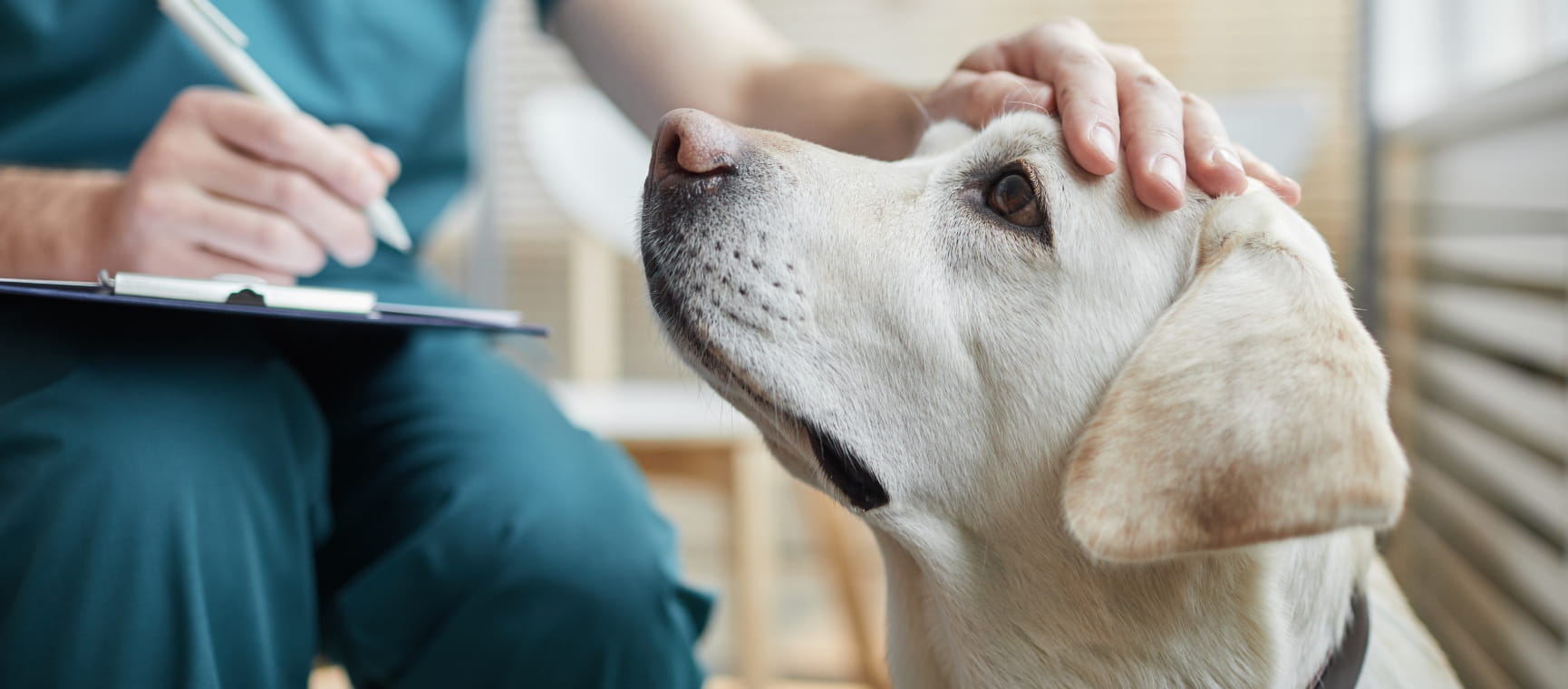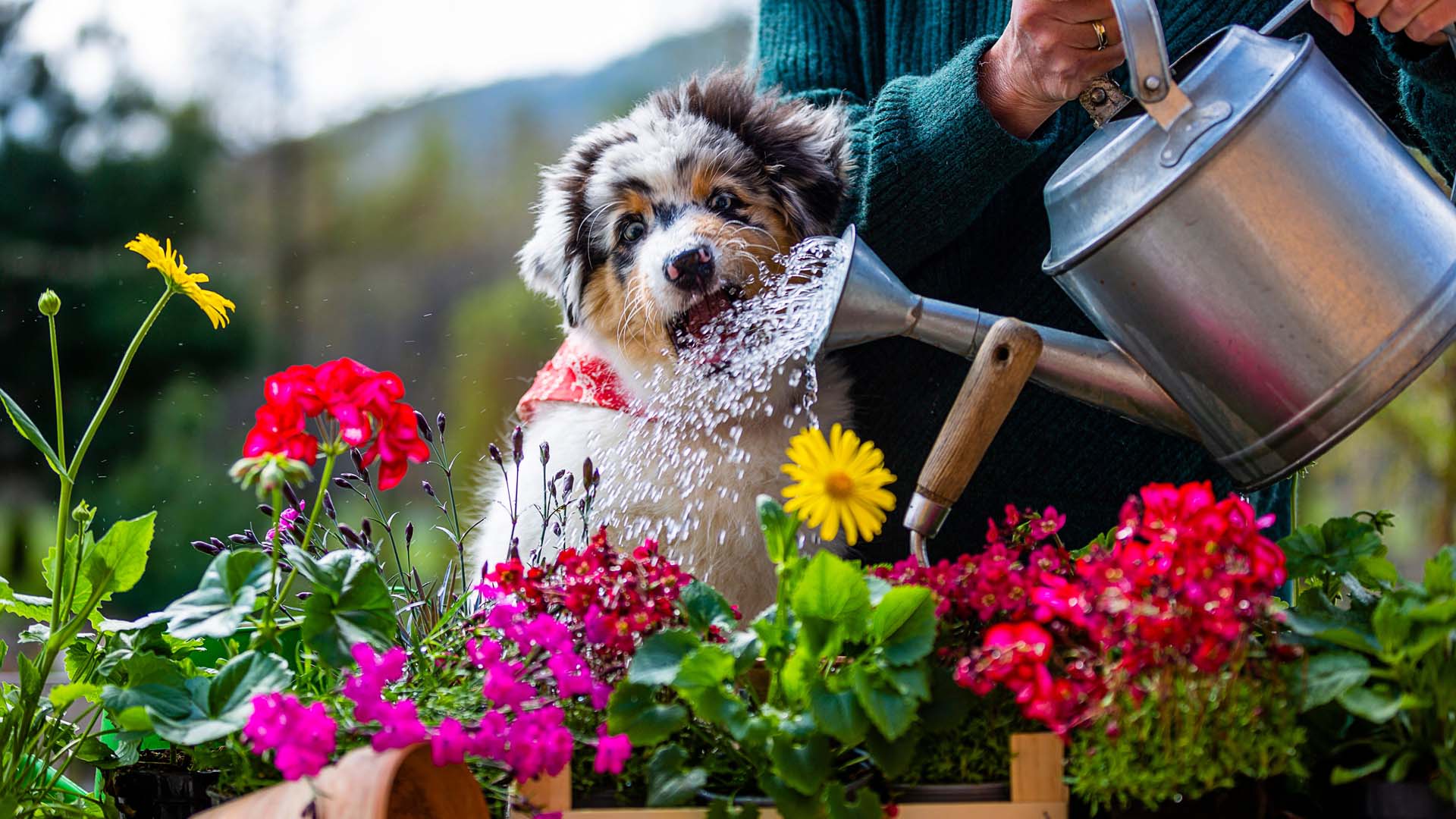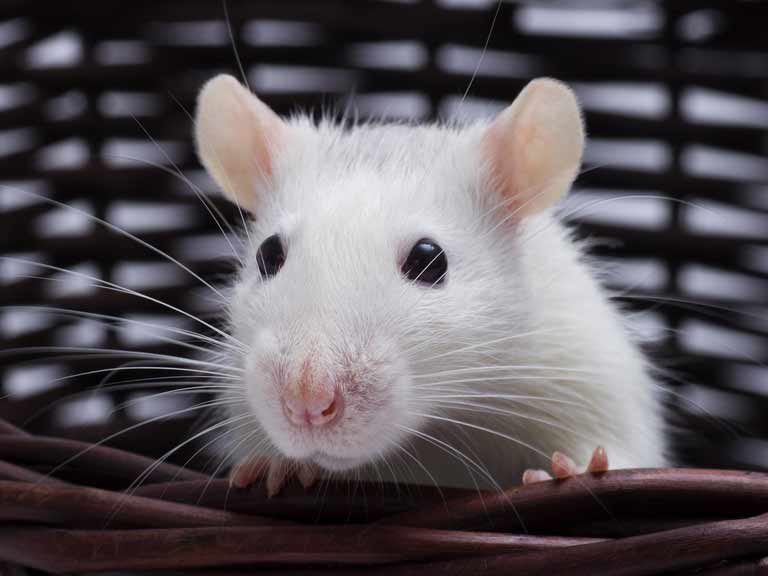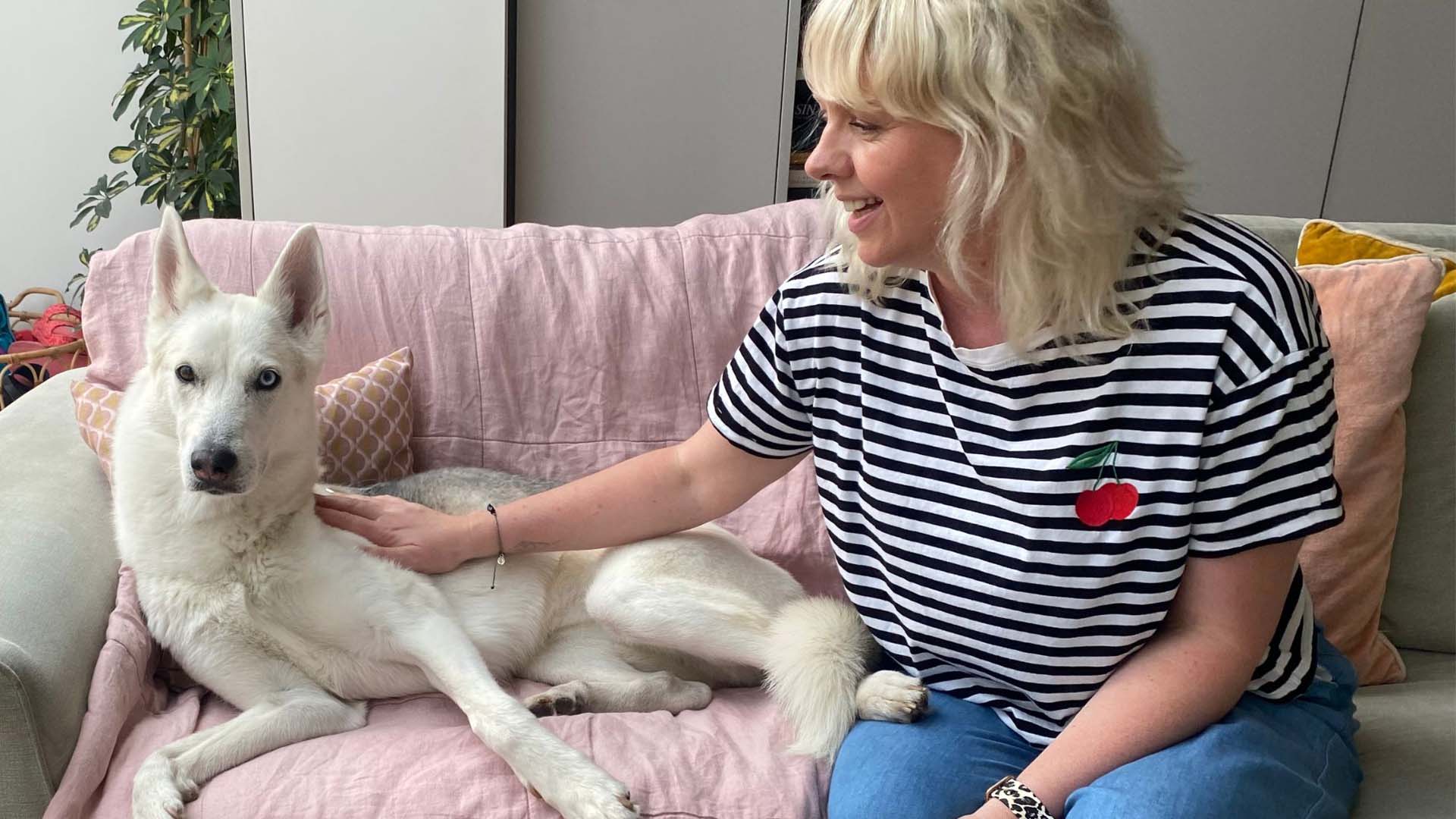
“Something’s wrong,” my wife Julia told me over the phone. “Plum is acting as if she’s drunk. She refused a treat, so she’s definitely not right.” Plum is our golden retriever. I asked what her eyes looked like. Julia said, “They’re wide and staring at nothing. And she’s drooling saliva.”
Vets, vet nurses and A&E staff reading this will probably know what was wrong with my dog: she was utterly stoned. I got home quickly and listened to her slow heart. What had she found that was having this toxic effect?
On seeing uncoordinated dogs with dilated pupils, vets in Australia found the cannabis psychoactive drug THC in the animals’ urine. Vets in Vermont also found THC in urine samples from ‘stoner dogs’. But did Plum find someone’s hash stash? In the park? At 7am?
Dogs are inveterate scavengers, which leads to them eating things they shouldn’t. It’s vital to check your pets aren’t illicitly tucking into your stash of treats.
Dark chocolate is the most common food poison for dogs because of the presence of theobromine; milk chocolate has low to middling amounts. The darker the chocolate, the higher the level and greater the risk of mental agitation, heart irregularities, hyperexcitability, and convulsions.

Other dangerous foods for dogs include grapes, raisins and currants, fresh or baked (in foods such as Christmas cake), which can cause kidney failure. But, Plum got stoned because she has a normal but repellent dog habit. Technically, she’s coprophagic. That’s how I avoid saying she eats excrement. Plum would have eaten some human poo in the park.
Some dogs require intravenous fluids and medicines when they get stoned, but Plum just needed 36 hours to get back to normal. As for what was in whatever she ate, methadone is partly excreted in poo, so I can’t discount the possibility she found a user’s excrement.
We also unwittingly poison our pets with our medicines. Aspirin and paracetamol are life-threatening to cats and non-steroid anti-inflammatory drugs can cause vomiting, diarrhoea, stomach ulcers and kidney failure in dogs and cats. The penicillin family of antibiotics is very dangerous to rabbits and guinea pigs.
Cats are sensitive to many common items. All parts of lilies, even the pollen, can cause kidney failure. Benzalkonium chloride – in cleaners, detergents and disinfectants – can ulcerate a cat’s mouth if licked, so read labels carefully. And anti-parasite ‘spot-on’ products for dogs containing permethrin can poison a cat’s nervous system. So be careful with what you have in your home that a pet could lick.
We accidentally damage pets with loud sounds, too! Here are some tips to help them cope with fireworks throughout the year.
Dr Bruce Fogle is a Canadian-born vet with over 40 years’ clinical experience in London and the world’s best-selling practicing vet with books in more than 35 languages.
Dr Fogle is co-founder of Hearing Dogs for Deaf People and was appointed an MBE for services to deaf people; the British Small Animal Veterinary Association awarded him honorary life membership and he is chair of the Humane Society International - an international animal charity.
He is also the father of television presenter Ben Fogle.

While iPhones for pooches are a way off, there’s plenty of dog tech you can still invest in.




